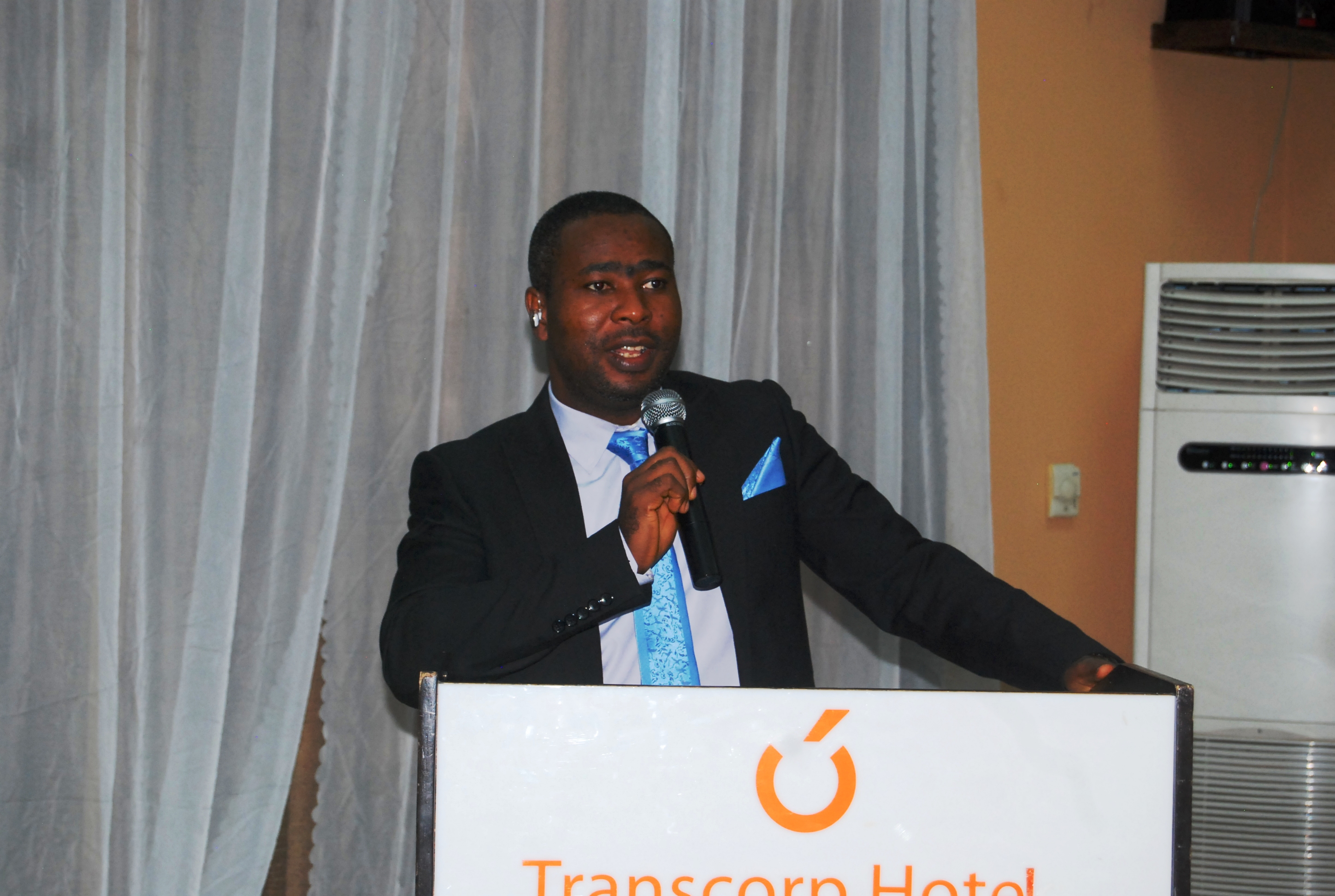
This is the concluding part of a two part treatise started last week.
BEING TEXT OF SPEECH DELIVERED AT THE CROSSRIVERWATCH 3RD ANNIVERSARY LECTURE ON THE THEME “REALITY OF A NON-OIL ECONOMY IN CROSS RIVER STATE; PROSPECTS AND CHALLENGES” PART 2
Beyond the effort to develop the different sectors of the state economy to serve as sources of revenue generation, there is a need to grow the internally generated revenue from effective tax administration for sustainable economic development.
Taxes and tariffs form an important part of revenue for government in most parts of the developed world.
While decrying the low productivity of the tax system in the state, deficiencies in tax administration and collection system, poor legislation and apathy of those outside the tax net have been identified as some of the root causes. Those working in the informal sector do not see the need to pay tax whereas they dominate the economy.
The time has come that Cross River State must seek innovative ways to grow its internally generated revenue and this include appropriate enlightenment of the taxable population, effective organization of the tax processes, employing modern technology in the tax system and the use of the proceeds of the tax for visible developmental projects.
The central objective of the tax system is to contribute to the wellbeing of the citizen directly through improved policy formulation and indirectly through appropriate utilization of tax revenue generated for the benefit of the people. In generating revenue to achieve this goal, the tax system is expected to minimize distortions in the economy.
For sustainable economic development thus to be achieved, it is clear that there is need to grow the internally generated revenue of the state.
ATTRACTING FOREIGN DIRECT INVESTMENT TO PROMOTE ECONOMIC DEVELOPMENT IN CROSS RIVER STATE
There is a widespread belief among policymakers that foreign direct investment (FDI) generates positive productivity effects for host state. The main mechanisms for these externalities are the adoption of foreign technology and know-how, which can happen via licensing agreements, imitation, employee training, introduction of new processes and products by foreign firms and the creation of linkages between foreign and domestic firms.
These benefits, together with the direct capital financing it provides, suggest that Foreign Direct Investment can play an important role in modernizing the state economy and promoting economic development.
Foreign Direct Investment (FDI) is perceived as indispensable for the growth of the state in view of its multiple impacts. It is expected to bring skills leading to improved efficiency in the use of resources and increased productivity. Through capital accumulation, FDI enhances growth by incorporating new inputs and technologies into production in the recipient economy.
As a state, we must be able to frame Foreign Direct Investment promotion into specific growth policies. Charting a path for sustainable development must involve calculated steps to attracting FDI as a catalyst to industrialization. We must put in place adequate incentives and ensure consistency in investment policy direction in the state.
In the short run, Foreign Direct Investment requires only basic skills at the receiving end and it brings in capital, management skills, market links and technology. The benefits of FDI are argued in terms of its quantitative effects on growth.
Foreign Direct Investment is a determinant of growth and has spill over effects on various aspects of human development such as job creation, education, gender equality, improved health, and many others.
Cross River State Government has created the environment that has seen the state become the preferred destination for investment in Nigeria and has attracted investment worth more than $10 billion in the last 15 years.
There is an active economic environment in the state, with current GDP value of approximately $9.25 billion in 2010.
Even with these investments, the scope for further investment in Cross River State continually remains open for new players to enter and expand in. The key market opportunities available in the state are Agriculture, Tourism, Food and Drink processing, Solid Minerals, Manufacturing, Power Generation, Public Transportation, Pharmaceuticals and many more.
The Cross River State Investment Promotion Bureau is the agency responsible for coordinating and monitoring investment promotion activities in the Cross River State.
The job of investment promotion however is not to be left for the government alone. All citizens of Cross River State at home and abroad must work to attract investors to the state.
CONCLUSION
Cross River State citizens must awaken to the reality of being a non oil economy and step boldly forward with the opportunities that abound before us as a state. Thank God that he has given us a quality and visionary leader in Senator Benedict Ayade who is boldly attempting to diversify the state economy, improve tax administration, attract foreign Direct Investment and industrialize the state.
The future for the state is bright and all hands must be on deck to get us to this glorious destination.
Since You Are Here, Support Good JournalismCrossRiverWatch was founded on the ideals of deploying tech tools to report in an ethical manner, news, views and analysis with a narrative that ensures transparency in governance, a good society and an accountable democracy. Everyone appreciates good journalism but it costs a lot of money. Nonetheless, it cannot be sacrificed on the altar of news commercialization. Consider making a modest contribution to support CrossRiverWatch's journalism of credibility and integrity in order to ensure that all have continuous free access to our noble endeavor. CLICK HERE |
New Feature: Don't miss any of our news again.Get all our articles in your facebook chat box.Click the Facebook Messenger Icon below to subscribe now
Text Advert by CRWatch :Place Yours
Will You To Learn How To Make Millions Of Naira Making Special Creams From Your Kitchen?.Click Here
Expose Your Business And Make More Sales. Advertise On CrossRiverWatch.com Today